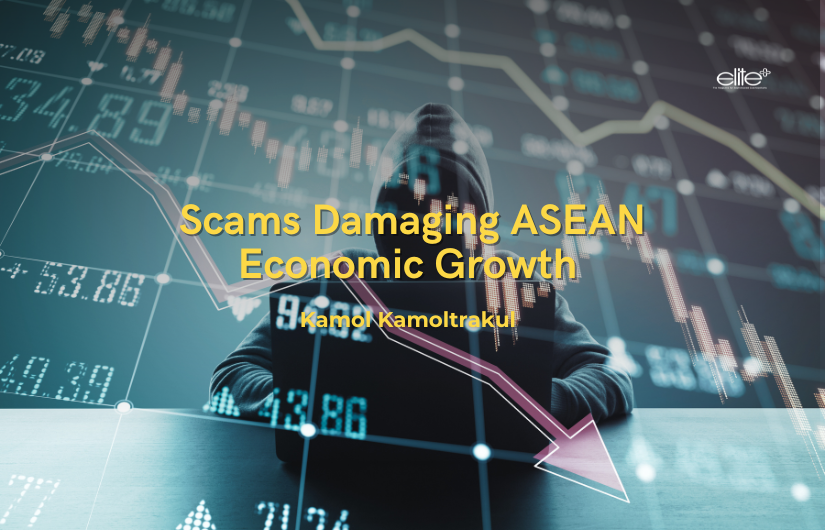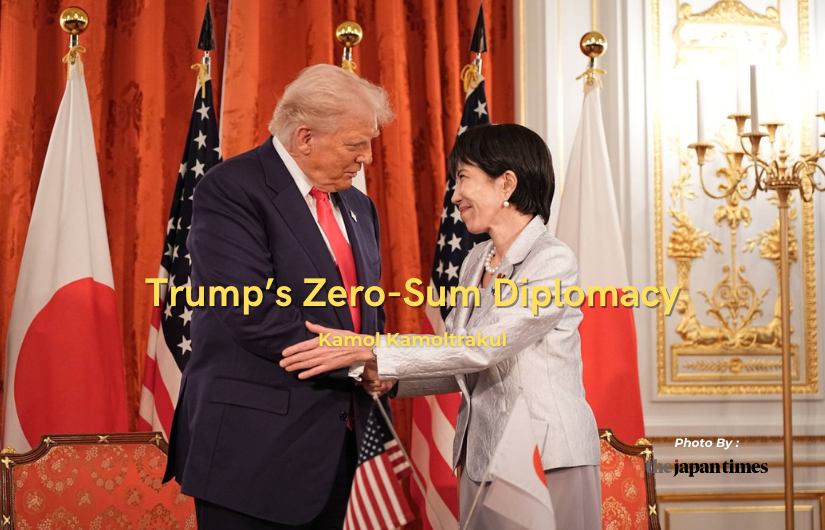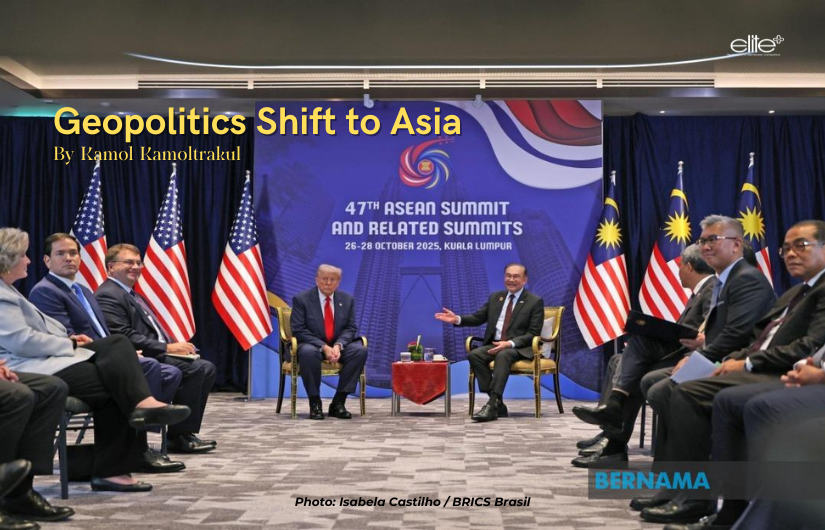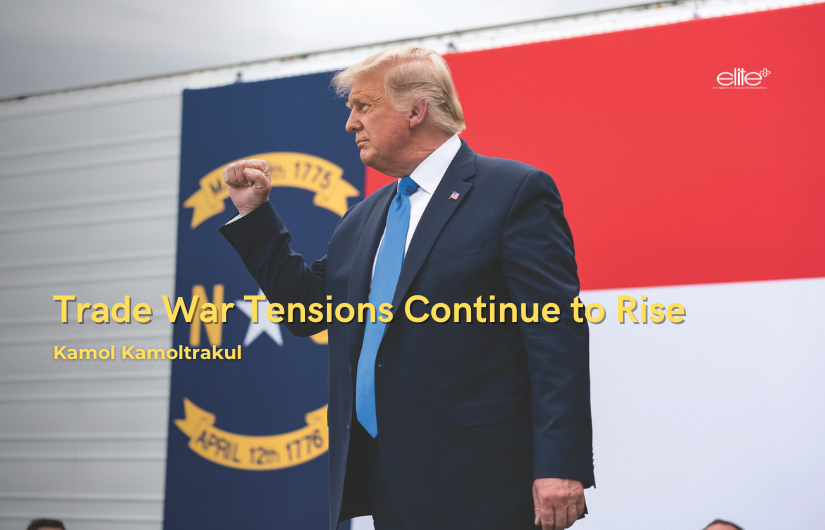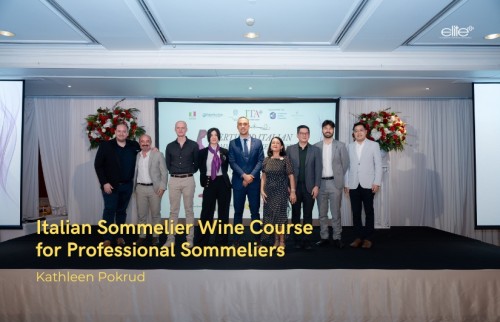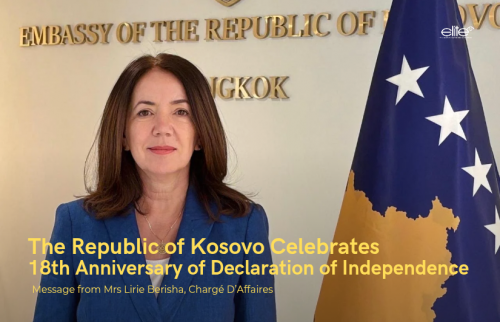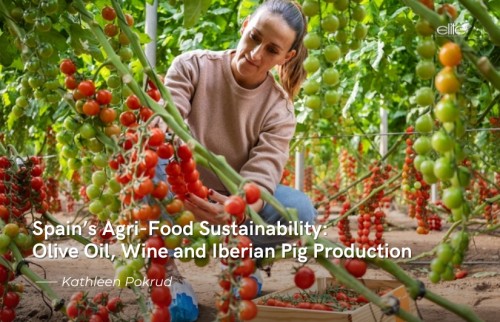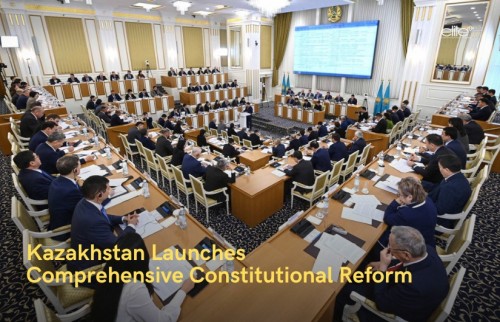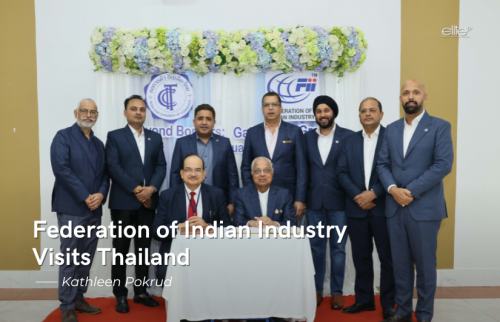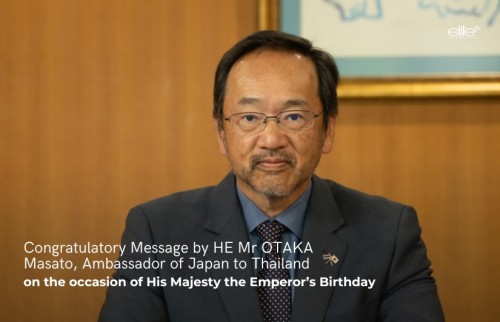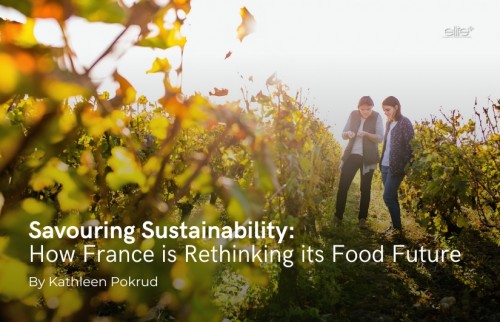Vietnam’s Gamble to Reduce Tariffs May Have Paid Off
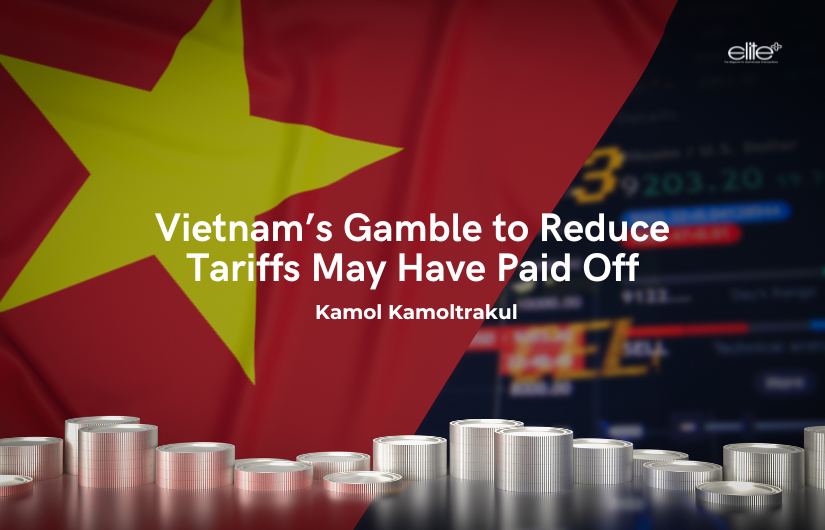
The initial 46% levy Trump announced in April on goods from Vietnam, largely the result of its large trade surplus with Washington, could curtail the economic growth of the country. Vietnam's economy relies heavily on exports, with those to the US contributing significantly to its GDP. While the exact percentage varies, it's generally reported to be between 80% and 95% of their GDP. Since Vietnam's economy relies heavily on exports, it is extremely vulnerable to Trump’s proposed tariffs.
Under the leadership of the new Vietnamese Communist Party (VCP) general secretary,To Lam, Vietnam is vigorously advancing a pro-growth agenda. Facing Trump’s tariffs could destroy his agenda; hence, Vietnam has made a smart move by placing a high bet to gain personal favour from Trump.
In May, Vietnam made a smart and unexpected move, according to the media, when Vietnamese Prime Minister Pham Minh attended the ground-breaking of a USD 1.5 billion urban development, eco-tourism-golf complex, a joint venture between the Trump Organization and Vietnam’s Kinh Bac City with Eric Trump.
The Trump Organization is also eyeing to invest in a prime site for a potential Trump Tower in Ho Chi Minh City, the country’s economic-financial hub. These events coincided with ongoing Vietnam-US trade negotiations in Washington, where Hanoi was seeking relief from Trump’s threat to impose a 46% tariff on its exports to America.
Analysts said, these moves underscore the Vietnamese leadership’s high-stakes gambit in navigating US relations while advancing their growth agenda and political consolidation at a critical juncture of the country. The Trump Organization’s venture in Vietnam has ignited apprehensions regarding the conflation of the US president’s political authority with his family’s commercial interests.
According to the New York Times, the Vietnamese government fast-tracked legal processes and granted extraordinary concessions to expedite the project’s approval, raising concerns about the inadequacy of local consultation and the resulting displacement of local communities. By extending “special treatment” to a project linked to the US president’s family, Hanoi is betting on expecting reciprocal gains in the ongoing trade talks with Washington. This demonstrates a calculated pragmatism to navigate the raw transactionalism of the Trump administration and President Trump himself.
While the urgent need to curry favour with Trump is arguably the immediate and most compelling motivation behind these concessions, Hanoi’s endorsement of the Trump-branded project should also be understood in the broader context of its pro-growth and deregulation strategy.
However, Hanoi is also intent on seeing the golf complex completed by 2027, when it hosts the APEC leaders’ meeting. This could potentially be used as a lever to draw Trump back to the country and elevate the summit’s profile.
Furthermore, the Vietnamese government seeks to leverage this project to bolster its appeal to international investors, particularly in the luxury property sector and to catalyse local development, employment and tourism.
Vietnam must reckon with the inherent duality of the Trump brand. The family name is associated with a cachet of power and high-end allure that resonates with certain elite circles, especially so long as Trump remains in the White House, yet it is also weighed down by dubious political and ethical baggage, critics added.
On social media, many Vietnamese have expressed excitement about the Trump brand’s arrival in Vietnam and lauded the government’s pragmatic manoeuvring. But there are also dissenting voices who raised ethical and nationalistic concerns over what they saw as the attempt to “bribe” the Trump family.
Moreover, the project area faces risks of local backlash over land-use rights while land disputes have historically been the country’s most volatile flashpoint for social unrest. The Trump project has caused local property values to more than double within a year, transforming a sleepy backwater into a real estate hotspot. This surge reflects a familiar pattern across the country where major infrastructure and property projects drive sharp increases in land value and out of reach by most local residents.
However, some feel Vietnam has placed the right bet. President Donald Trump said on Wednesday (Jul 2) that the US has struck a first trade deal with an ASEAN country after months of negotiations. The US will impose a 20% tariff on Vietnam’s imports a more than 50% reduction from the initial 46% levy Trump announced in April on goods from Vietnam.
Trump said on his social media, “It is my Great Honour to announce that I have just made a Trade Deal with the Socialist Republic of Vietnam after speaking with To Lam, the Highly Respected General Secretary of the Communist Party of Vietnam.”
He went on to say, “Goods from Vietnam would face a 20% tariff and that any trans-shipments from third countries would face a 40% levy. Vietnam would also provide the US with more market access, with US exports to the country facing no tariffs.”
Furthermore, "It is my opinion that the SUV or, as it is sometimes referred to, Large Engine Vehicle, which does so well in the US, will be a wonderful addition to the various product lines within Vietnam," Trump said.
Ultimately, experts said, Vietnam’s approach to the Trump project underscores the intersection of its external diplomacy and internal exigencies, managing a transactional US relationship amid looming tariff threats while driving growth with relentless urgency. With the VCP’s National Congress approaching, both General Secretary Lam and Prime Minister Chinh face mounting pressure to convert policy ambition into demonstrable success that can solidify their governance credentials and political standing.
The Trump project is therefore not merely a commercial venture, but a strategic gambit aimed at sustaining national growth amidst shifting global political currents marked by Trumpian transactionalism and the erosion of ethical boundaries separating public office from private gain. The project also offers a glimpse into the emerging character of the new Vietnamese leadership’s statecraft: unflinchingly pragmatic, swift in manoeuvres and unafraid to wager boldly when the stakes are high.
Meanwhile, there are analysts who warn of a trap. There's also a question of what Mr Trump considers “trans-shipments”, which he specified would attract a higher 40% tariff rate. The term “trans-shipments” is ambiguous. In modern production, the concept of cost effectiveness and cost efficiency is applied to the field of production. Most components of products, auto parts, IT chips and rare earth are imported or made in other countries, China in particular, and would be taxed 40% or more. Besides, Vietnam, along with most other ASEAN countries, rely on foreign direct investment (FDI) for economic growth. China has aggressively invested in ASEAN as well.
In the latest development, on Monday, July 7, US President Donald Trump unveiled higher tariffs for Japan at 24%, South Korea at 25% in a push for new trade deals - but extended the deadline until August for the steeper levies to kick in. President Trump also informed 12 other nations that they will face tariffs of at least 25 percent
starting Aug. 1 unless they can broker new trade deals imminently with the United States. Here are Trump’s new tariff threats : Japan +24% , South Korea +25% , Thailand+36% , Malaysia+24% , Indonesia+32% , Cambodia+49%+36%<1% , Bangladesh+37% Laos +48% , Myanmar +44%
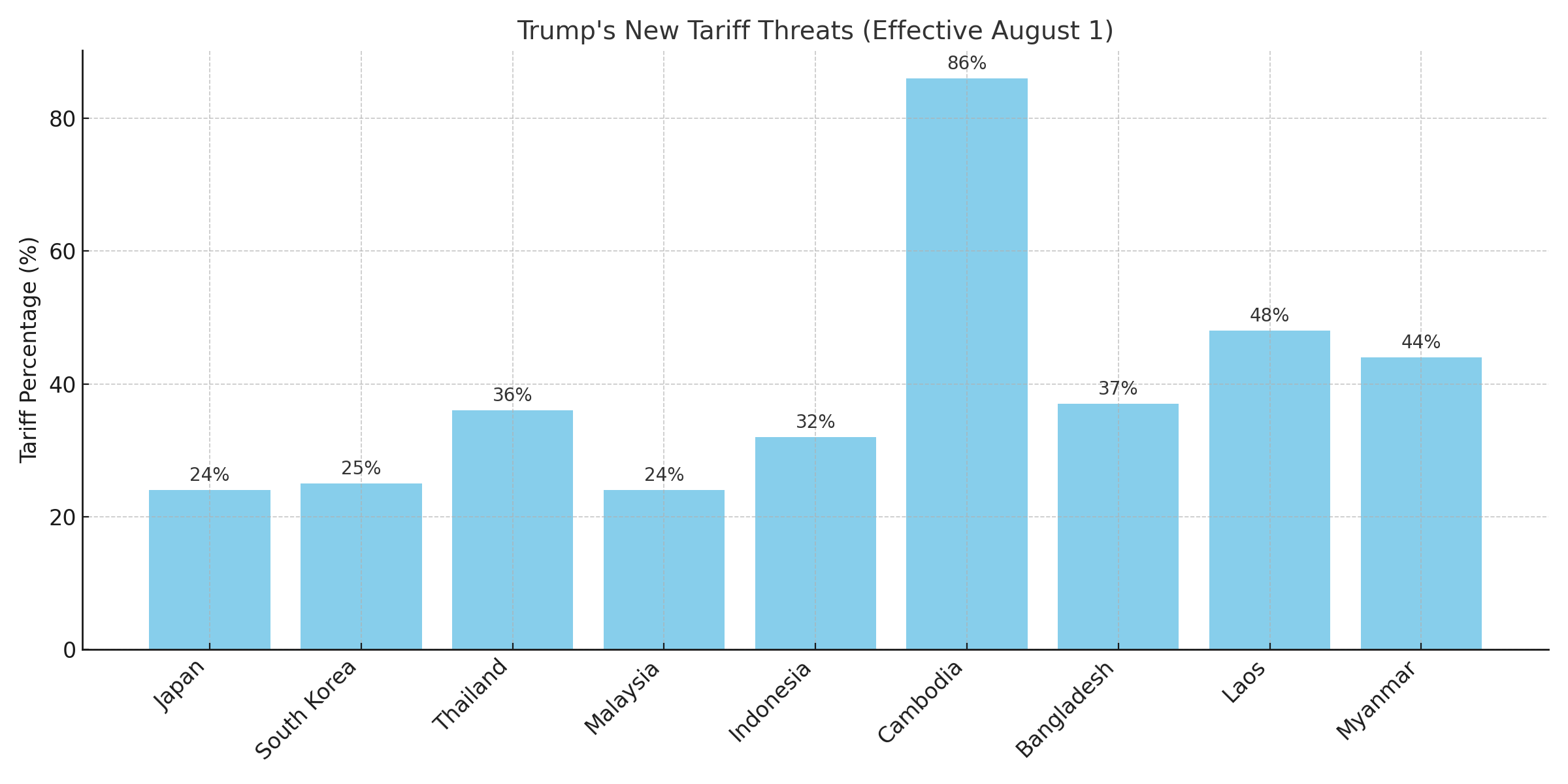
Anyway, analysts said, “Trump mixed his sense of aggression with a willingness to still negotiate, signaling the likelihood that the drama and uncertainty would continue and that few things are ever final with Trump.”
Hence, other ASEAN countries, particularly Thailand, which politicians are historically known for bribery, can learn from these tactics and strategies of Vietnam on how to tackle the Trump tariff war and also at the same time, be aware of the trap.

Kamol Kamoltrakul 48 Posts
Visiting lecturer: Navy Academy Institution, NIDA, School of Governor, Ministry of Interior, Chulalongkorn University, Former Lecturer, ABAC Honorary Advisor Trade and Industry Committee Senate. Senior advisor, Standing Committee on Finance and Banking, The House of Representative. Former Advisor to the Minister of Interior Board Member of ThaiPBS Board Member Of Thai Consumer Council Columnist : Prachachart Business Weekly, Matichon Weekly, Khom Chad Luke Daily Former Program Director Asian Forum for Human Rights and Development ( FORUM-ASIA).




